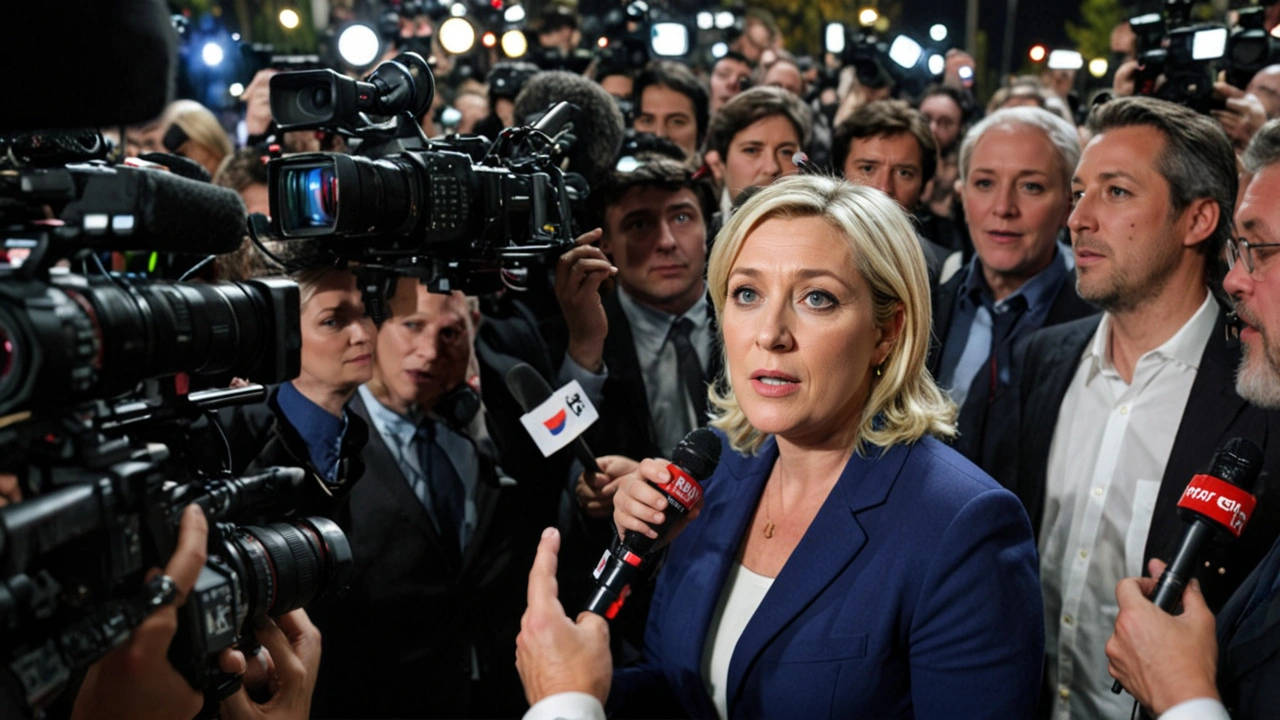Jordan Bardella: Key News and Insights
If you’re following French and European politics, Jordan Bardella’s name pops up a lot. As a prominent member of the National Rally party, Bardella has been shaping political conversations beyond France’s borders. But why is he such a big deal, and what should you know about his political journey?
Bardella rose quickly within the National Rally ranks, known for his outspoken stance on immigration, national sovereignty, and Europe’s future. Young and determined, he represents a new wave of leadership calling for strong policies that resonate with many who feel unheard by traditional parties.
Who Is Jordan Bardella?
Born in 1995, Bardella made his mark early by engaging with youth political movements before stepping onto the European Parliament stage. He's been active in debates on immigration control, EU policies, and French nationalism. His speeches often emphasize identity, economic protectionism, and reform of the European Union.
Despite being young, Bardella has captured media attention with his confident communication style and clear political vision. His rise coincides with growing support for the National Rally, signaling shifting political winds in France and Europe.
Why Follow Jordan Bardella's Developments?
Understanding Bardella’s moves offers insights into larger political trends affecting policy decisions within France and across the EU. Whether it’s elections, party strategies, or European Parliament initiatives, Bardella’s actions can influence debates on immigration, economy, and national sovereignty.
For anyone interested in how Europe’s political landscape is evolving, keeping an eye on Jordan Bardella provides valuable perspective. He’s more than a politician; he’s a sign of the changes underway in European politics.
Follow Cape Sun News for up-to-date coverage on Jordan Bardella and other key political figures shaping the future.
Marine Le Pen vs. Jordan Bardella: The Power Struggle Shaping France's Future
Marine Le Pen and her protégé, Jordan Bardella, faced a setback in the French parliamentary election, with their National Rally party projected to secure 120 to 150 MPs. This outcome positions them behind Macron's coalition and the left-wing alliance, signaling a potential period of instability and internal party conflicts.

